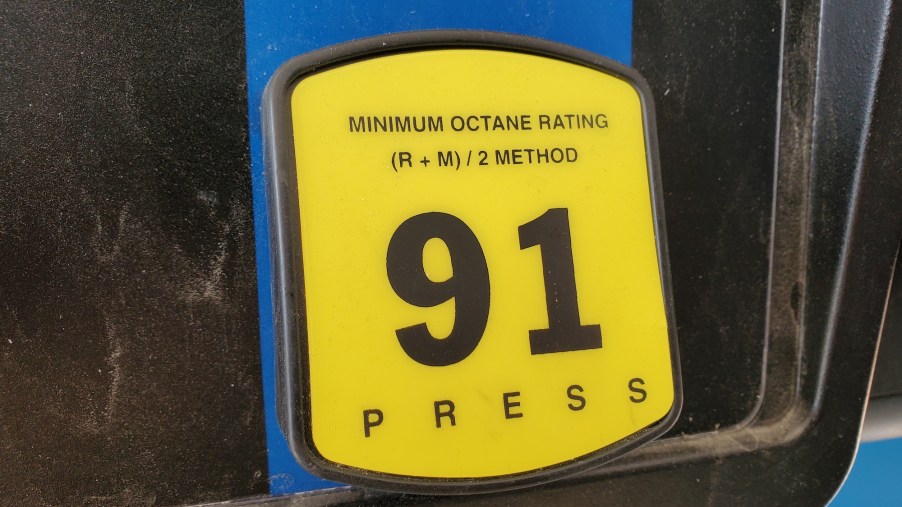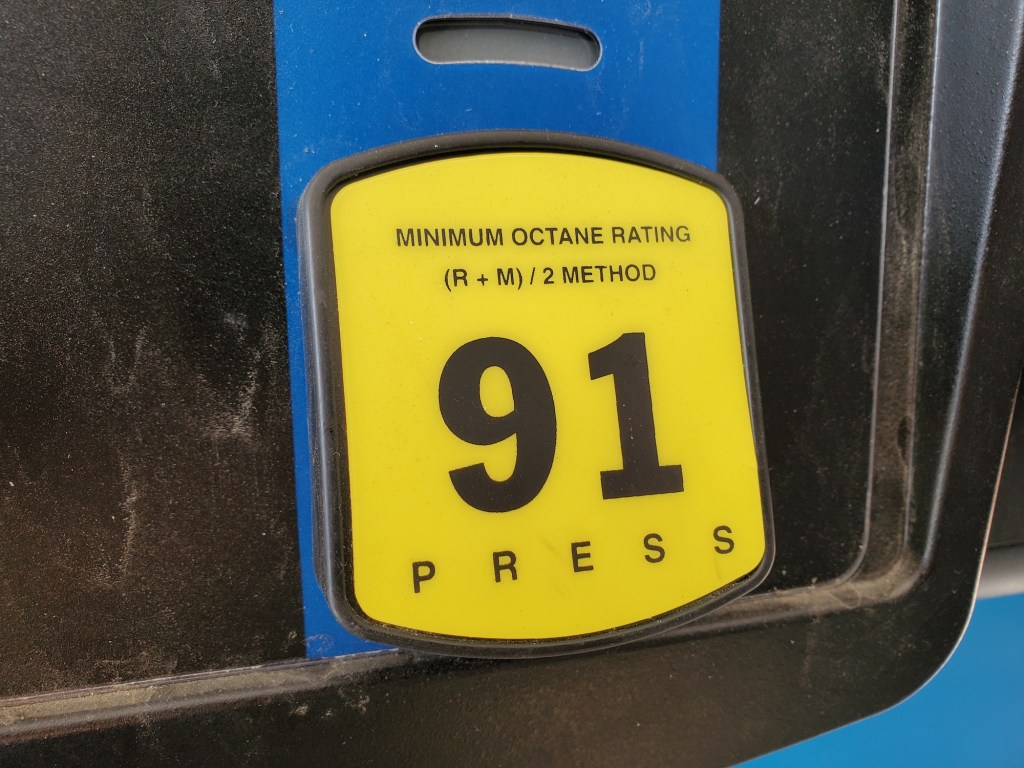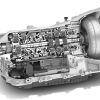
Can All Cars Use Premium Gas?
Age-old questions that have plagued scholars for generations: What’s the difference between regular and premium gas? Don’t all types of gasoline burn and drive pistons the same? Does premium gas help get a vehicle better fuel economy?
OK, it’s highly unlikely scholars have asked such questions, but you’d probably like to know once and for all why all fuel can’t simply be equal. Is there a benefit to using premium gas in a car that doesn’t need it? Or are you wasting your money paying for higher-priced gasoline?
The difference between regular and premium gas

The average gas station carries three kinds of gasoline: 87 (regular), 89-90 (mid-grade), and 91-94 (premium). Some gas stations might offer multiple types of mid-grade and premium octanes, depending on the location. Nevertheless, most stations offer only three of the most popular, such as 87, 89, and 93. Of course, there are different fuel types other than that. But for this article, we’re covering premium versus regular gas.
According to the U.S. Department of Energy, gasoline contains various amounts of oxygen, which helps keep the fuel from igniting prematurely inside combustion engines. Whenever fuel ignites prematurely, it creates a knocking sound (something also caused by faulty spark plugs and carbon buildup).
The octane grade of gasoline represents how much oxygen is in it; the amount of oxygen a fuel has increases its stability. Octane ratings are also based on the pressure at which gasoline will auto-ignite (spontaneously combust) inside a test engine. Researchers use two octane-rating methods to arrive at the final octane rating of a fuel: research octane rating (RON) and motor octane rating (MOR).
Follow the octane rating provided by your vehicle’s manufacturer
Higher-octane gas is for cars with engines that run at higher compression ratios — something that allows them to use more of the fuel’s energy. For example, a late-model Dodge Challenger SRT is a high-performance car with a high compression ratio (9.5:1). It typically produces around 800 hp using 91-grade octane. Using 100-grade octane could provide a boost of 40 hp.
On the flip side, lower compression engines wouldn’t benefit from the higher octane. It would be wasteful because the gasoline wouldn’t combust optimally; the power increase would be minimal, if anything, while creating more emissions. Lower-compression-ratio engines benefit from lower octanes because the gas evaporates and burns more efficiently than higher-octane fuel.
Are there benefits to using premium gas in a car that doesn’t require it?
According to The New York Times in April 2019, “Only 18 percent of new cars require premium. The owners of the other 82 percent waste about $2 billion a year using a gas that provides no benefit.” The Times explains that automakers have designed newer cars with higher internal operating pressures. To achieve this, turbochargers and/or superchargers have been added to raise compression ratios.
“Under those conditions, the formulation of premium gasoline with an octane rating of 91 or more is needed to assure that combustion in the cylinders is kept under control,” the article continues. “The higher the octane, the greater its ability to prevent the unruly type of combustion engineers call detonation. The goal is to ignite the fuel mixture solely with the spark plug, rather than from the heat in the cylinder, to prevent detonation, which can seriously damage high-performance engines.”
Jason Kavanagh, a senior vehicle test engineer at Edmunds, told The New York Times: “If it doesn’t say ‘required,’ it’s fine to go with the lower grade.”
Furthermore, modern engines come with advanced engine control units (ECUs) that allow vehicles to adjust engine timing and performance to work with the lower-octane fuel. But if you’re driving a high-performance machine that specifically requires high-octane gas, don’t run it on low- or mid-grade gas for a long time — doing so will eventually damage your engine.


